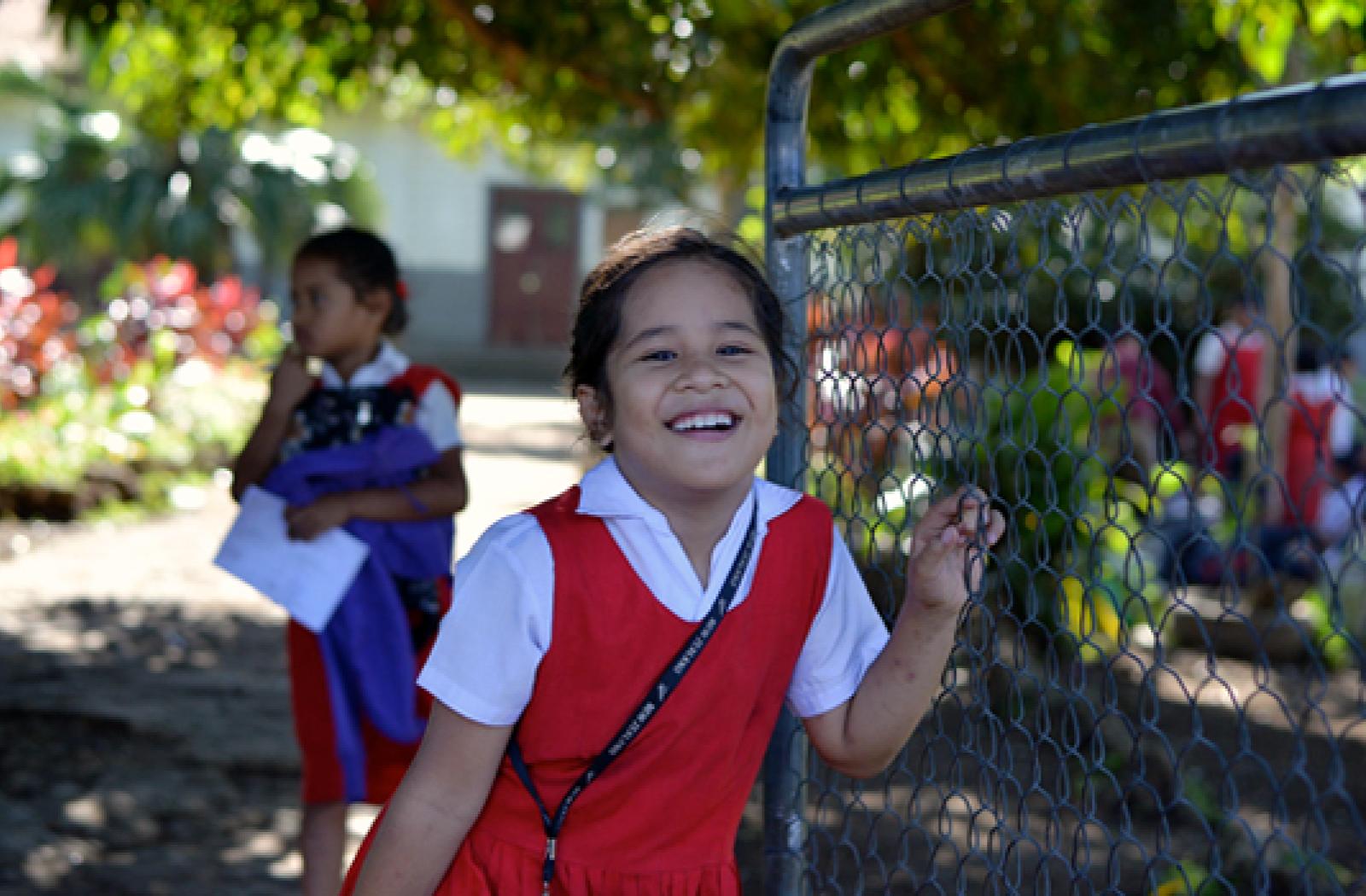Speaking ahead of the International Day of the Girl Child on 11 October 2014, Secretary-General, Kamalesh Sharma today said: “Every Commonwealth citizen can and should contribute to a world that is safe from violence against girls. Our 53 governments and the extensive range of Commonwealth organisations that link our citizens are already making valuable contributions, and have the scope to do much more.”

The theme for 2014 ‘Empowering Adolescent Girls: Ending the Cycle of Violence’, is a particularly pertinent one for the Commonwealth, the Secretary-General said.
“International Day of the Girl Child is a reminder of our collective commitment in the Commonwealth Charter to recognise gender equality and women’s empowerment as components of human development and basic human rights. This embodies the rights of the girl child, too.
“Our Commonwealth words are being followed up by practical action through support to our member states on legislative reform, prevention strategies and redress to end child, early and forced marriage. This includes a Commonwealth submission to the UN High Commissioner for Human Rights for her report to the UN Human Rights Council in June 2014; as well as upcoming work on the reform of laws, including customary laws, to combat Female Genital Mutilation.”
The Commonwealth Secretariat continues to strengthen Parliaments and National Human Rights Institutions which have a critical rights protection mandate and are key in advocating for the protection of the girl child, the Secretary-General said.
“Commonwealth civil society too can play a crucial role in advancing awareness and practical action to eliminate the scourge of violence against women and girls. The immense good that is achieved through cooperation between governments at various levels is immeasurably enhanced by the vigour and dedication of Commonwealth civil society organisations, professional bodies, and groups serving various causes. As agents of change they can mobilise to alter attitudes and advance practical action to end violence against women and girls.”
